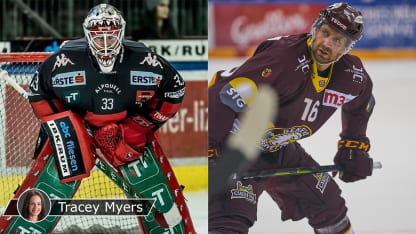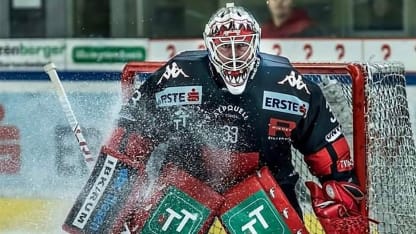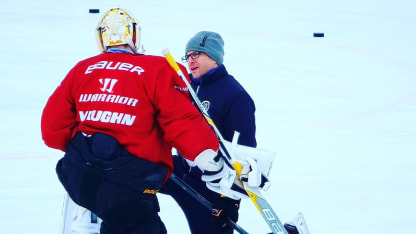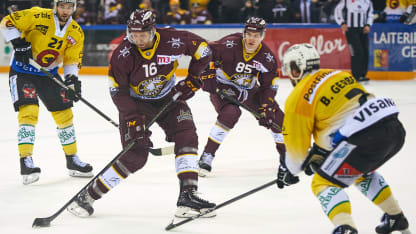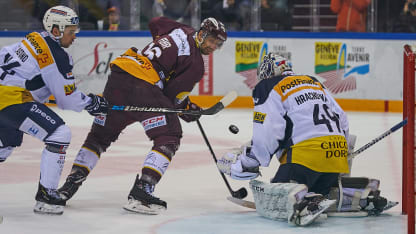Once the seasons were canceled, the focused turned to how the players would get home. Darling traveled by himself in early March; his fiancée and their dog had returned to Chicago in January. Fehr and his family got back to Winnipeg on March 15, three days after the National League season was canceled.
"We couldn't book a flight until we heard the league was officially canceled, and it took a few days to get an open flight," said Fehr, who was traveling back to Canada with his wife and three children, ages 6, 3 and 1. "We were lucky enough to get on one and got home without any trouble, but that was when [Canada] Prime Minister Justin Trudeau was talking about tightening up the borders and making sure everyone was coming home from abroad, so it definitely made us a little bit nervous."
In mid-March, guidelines from the World Health Organization and Centers for Disease Control did not call for the public to wear masks except for those who were sick or coughing. Lawrence said about 30 percent of the passengers on his flight to Toronto on March 14 wore masks. Fehr said about 10 percent wore them on his. Neither Lawrence nor Fehr and his family wore masks, but they all felt fine at the time.
The flights themselves were smooth. Lawrence said most of his stress came before he boarded the plane.
"They're canceling flights, there are all of these policies being made at the time from our government, from [Switzerland's] government, and you don't know if you're going to be on a plane on Saturday or not," Lawrence said. "Our team did a really good job, our general manager, Hnat Domenichelli, did a good job of making sure that foreign coaches and players were looked after the best that the organization could, and they did a great job of getting everyone home safe and sound."
The stress didn't end when they got home. Fehr said he and his family began to feel ill about a week after they got back to Canada, and they were tested for the coronavirus. Geneva, where the Fehrs resided, was one of the Swiss cities most affected by the virus; according to statista.com, there were 4,852 confirmed cases there as of April 22, second to Vaud (5,154).
"Because we were coming from Switzerland back to Canada, they wanted to test to make sure we didn't have the virus," Fehr said. "But we all came back negative. That was a big relief for us, because where we were, there were a lot of cases in Geneva."
